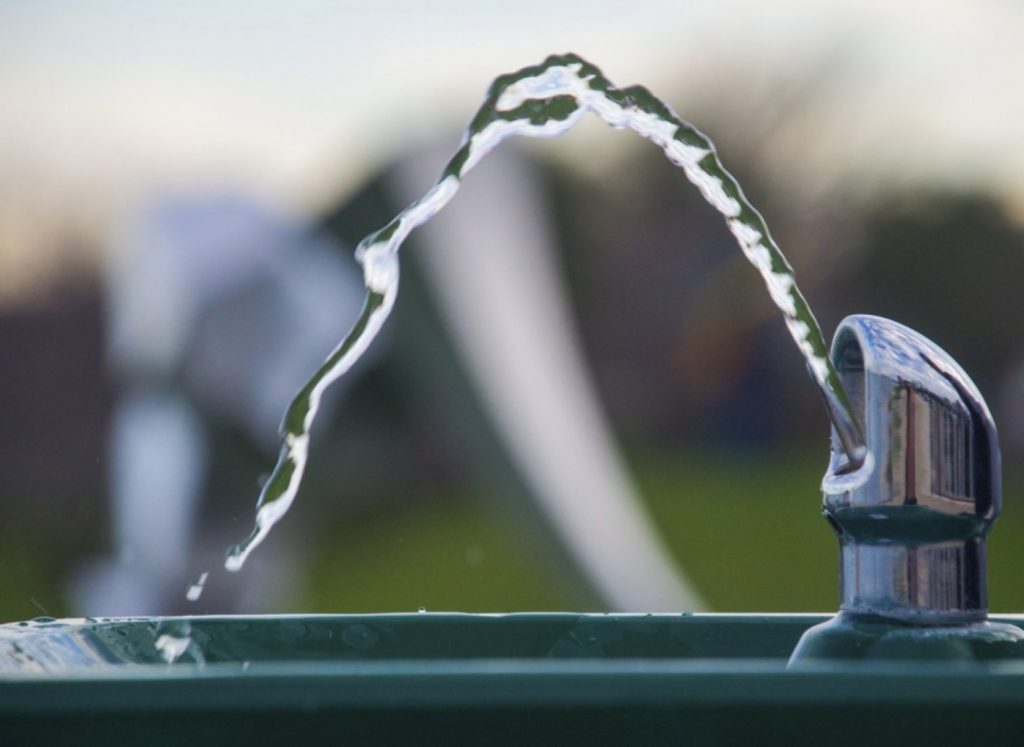This week, delegates from around the world are gathered in Geneva to finalise what could be the most important environmental agreement of our time – the UN plastics treaty. The stakes could not be higher because plastics break down into micro- and nano-plastics that infiltrate the food chain, leach toxic chemicals into water and soil, harm wildlife, and accumulate in human bodies, posing escalating health, environmental, and climate threats that are already global in scale and effectively irreversible.
A powerful new report published in The Guardian warns that global chemical pollution is now “a threat to the thriving of humans and nature of a similar order as climate change.” The research, from Deep Science Ventures, estimates more than 100 million synthetic chemicals are in circulation, tens of thousands in everyday use, with mounting links to health issues such as infertility, cancer, and ADHD.

The dangers aren’t theoretical. Over the past week, water safety crises have erupted in the headlines. In rural Alsace, France, an article from broadcaster franceinfo reported that residents have been told to boil tap water after bacteriological contamination was detected. And this week the BBC also published a story about how a joint investigation by Le Monde and Radio France revealed that at least one-third of bottled mineral water brands – including Perrier – have been allegedly treated illegally to remove bacteria, breaking EU rules and shaking public trust.
Founder and CEO of Bluewater, Bengt Rittri, an ecopreneur who earlier founded indoor air purification pioneer Blueair, has repeated his call for a robust, binding plastics treaty, warning that “microplastics, chemical leaching, and unsafe drinking water are interlinked threats demanding urgent, binding global action.”
At Bluewater, we see the connections every day. Microplastics don’t just litter oceans – they enter our drinking water. Toxic chemical additives can leach from plastics into food and beverages. And legacy pollutants such as PFAS (“forever chemicals”) continue to accumulate in the environment, with serious health consequences.
Bluewater believes no one should have to compromise on the safety of the water they drink.
The problems making headlines this week are global, urgent, and interconnected. The Geneva talks offer a rare chance to address them at their root. We urge negotiators to seize it – because clean, safe water should be a universal right, not a privilege.
By Dave Noble, Communications Chief, Bluewater
